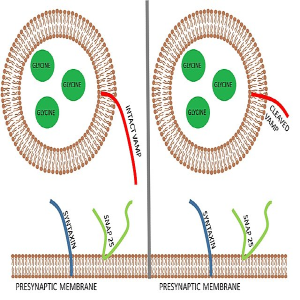A nine-year facility-based review of the pattern and outcome of neonatal tetanus in Ondo State, Nigeria

Accepted: 6 June 2023
All claims expressed in this article are solely those of the authors and do not necessarily represent those of their affiliated organizations, or those of the publisher, the editors and the reviewers. Any product that may be evaluated in this article or claim that may be made by its manufacturer is not guaranteed or endorsed by the publisher.
Authors
Tetanus is an infection caused by the Clostridium tetani; a ubiquitous Gram-positive, motile, spore-forming, and toxin-producing anaerobe. It is the only vaccine-preventable infection that is not communicable and which is still causing regrettable morbidity and mortality in newborns in Nigeria. The objective of this study was to review the pattern of neonatal tetanus infection and to document its outcome in a secondary health care level in South-west Nigeria. This was a hospital-based prospective study. Questionnaires were also administered to collect information from the parents. Out of a total of 4,277 out-born babies, 23 had Neonatal Tetanus (NNT). The mean incubation period was 6.62±2.2 days; the period of onset was less than 24 hours in 9 (39.1%) of the babies and greater than 24 hours in 14 (60.9%) babies. Four babies (17.4%) died, 4 (17.4%) left against medical advice, and the mean age at death was 11.7±3.5 days. Other clinical records showed that 56.5% of mothers did not receive antenatal care or tetanus toxoid, 65.2% had non-hospital deliveries, cord care was sub-optimal in the majority of cases, and the case fatality ratio was 17.4%. The study reveals that NNT still contributes to morbidities and mortalities among Nigerian neonates. The incidence per year, though, waxes and wanes with no particular pattern; the disease still has the tendency to dip the neonatal indices.
How to Cite

This work is licensed under a Creative Commons Attribution-NonCommercial 4.0 International License.
PAGEPress has chosen to apply the Creative Commons Attribution NonCommercial 4.0 International License (CC BY-NC 4.0) to all manuscripts to be published.

 https://doi.org/10.4081/acbr.2023.323
https://doi.org/10.4081/acbr.2023.323



